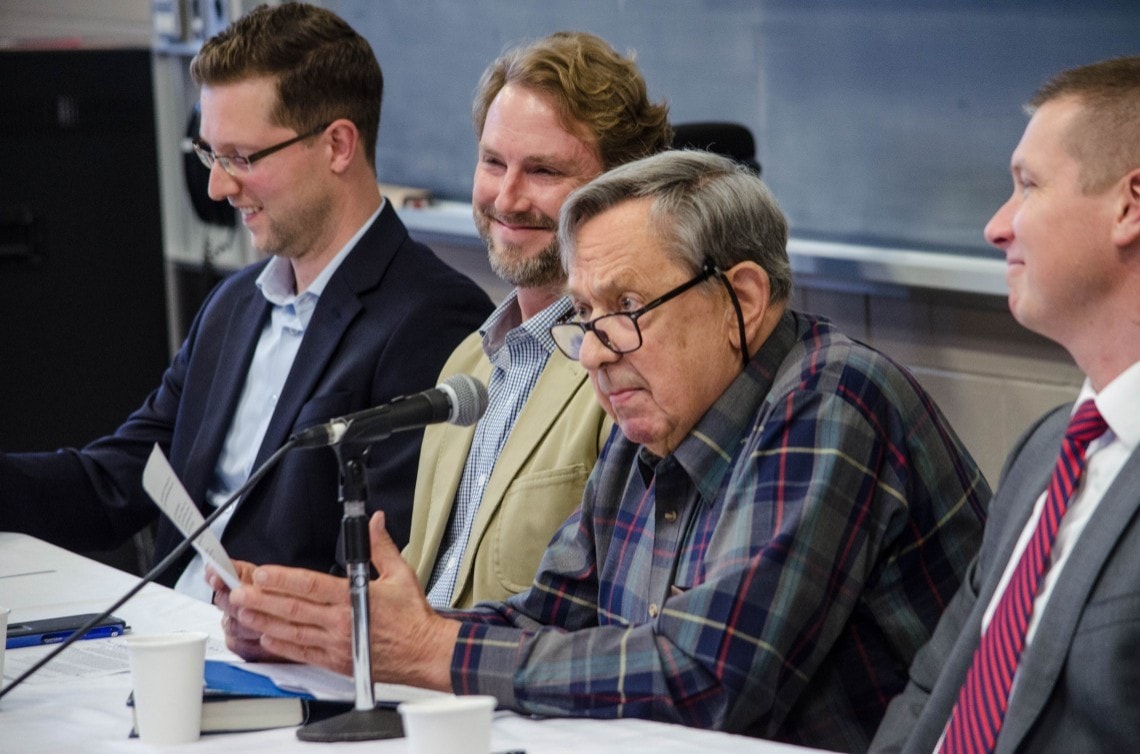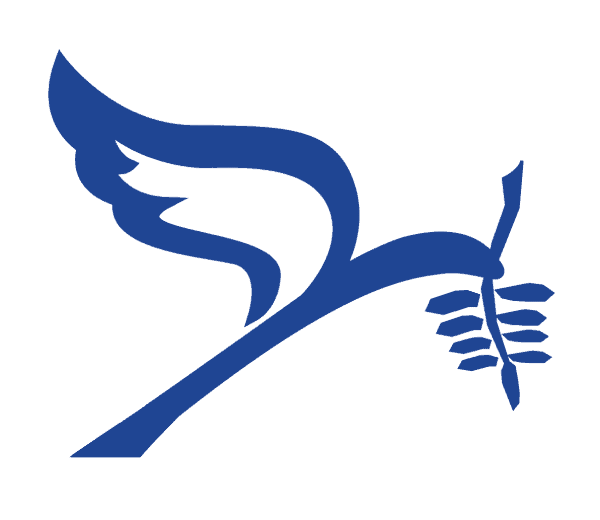Father Abraham’s legacy and future

“What is clear to me is that Kuyper’s time has come,” writes Craig Bartholomew in his new book. “We live at a time when [the Enlightenment] project is unraveling, and religion is making a major comeback globally. I propose that in our fragile time the Kuyperian tradition holds resources for finding constructive ways forward that can defuse some of the major threats we face, renew the life of the church, and promote human flourishing.”
On September 29, Redeemer University College celebrated the 500th anniversary of the Reformation with the Abraham Kuyper Today conference. Amidst jokes of “Father Abraham,” a long academic panel of 16 professors engaged with Craig Bartholomew’s new book The Contours of the Kuyperian Tradition: A Systematic Introduction (IVP 2017). The conference was sponsored in part by the Reid Trust, dedicated to “the support and furtherance of Reformed and Presbyterian theological education in Canada.” About 100 people attended, mostly a mature crowd of professors and retired ministers, with a smattering of long-time Kuyperians and a few Redeemer students.
Each of the first wave of 12 speakers took a chapter from Bartholomew’s book, covering such topics as Scripture and the church as well as politics, philosophy and education. Al Wolters, for example, summarized the genius of the Kuyperian tradition in the phrase “grace restores nature” or “redemption is the reclaiming of creation.” Its biblical foundation is in creation, covenant and kingdom, and Bartholomew’s book shows how this biblical foundation has enabled the tradition to migrate across denominational boundaries in “ecumenical convergence.”
Adam Barkman, a philosophy professor at Redeemer, reminded the audience that Kuyper never even used the word “philosophy.” For Kuyper, what we call philosophy was a form of science, although some like Richard Mouw call Kuyper himself a “philosopher-theologian.” He ended by calling Kuyperians to help move the tradition beyond its Dutch enclave and sharing him in a popular way across lines of race, ethnicity and class. “We need more Vincent Bacotes,” he added. (Bacotes is professor of theology and ethics at Wheaton College and wrote The Spirit in Public Theology: Appropriating the Legacy of Abraham Kuyper (2005). He is African American).
The conference ended with a four-person panel on the retrieval and renewal of the Kuyperian tradition. Two American Baptists were on the panel, and it was explained that the Kuyperian tradition is being enthusiastically embraced in their circles.
Bartholomew’s book has no chapters on the natural sciences or the arts. Calvin Seerveld warned that philosophical books and conferences are not guarantees of the passing down of any tradition. Traditions live on through the “wonts” (habits) that are passed from practitioners to the inexperienced, face-to-face as an oral tradition, and such habits include family rituals, Sunday worship, a meaningful vocation, wide reading and playing games.
He quoted Kuyper as saying that “art is no fringe that is attached to the garment of human life” and urged that artistry should become the underwear of aspiring Biblical students. Following the laughter, he added: wearing such underwear should be a priority in Christian schools, “since the arts are among the best resilient, subtle and invigorating carriers of world-and-life visions.” The audience was reminded that a novel, after all, was the key instrument in Kuyper’s conversion, and Cry the Beloved Country was a catalyst in the dismantling of apartheid in South Africa.
The Kuyperian tradition thrives when it produces a subculture that captures a new generation’s imagination. This is the task that lies ahead for this movement, and its allies like Redeemer and the Reid Trust.





